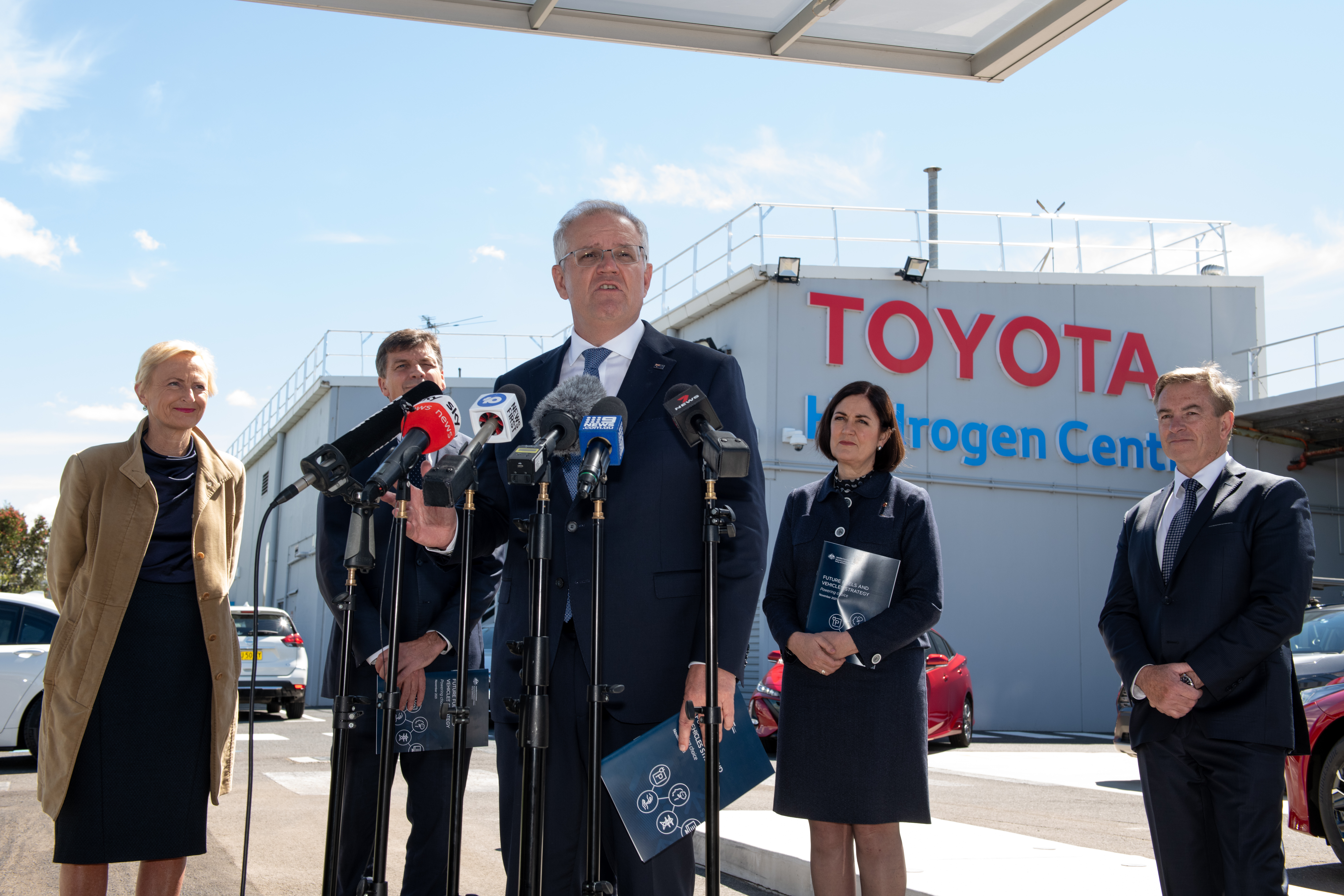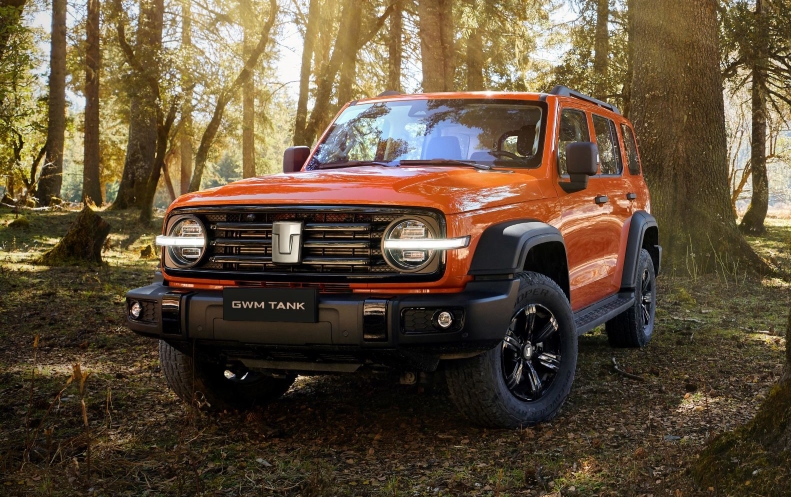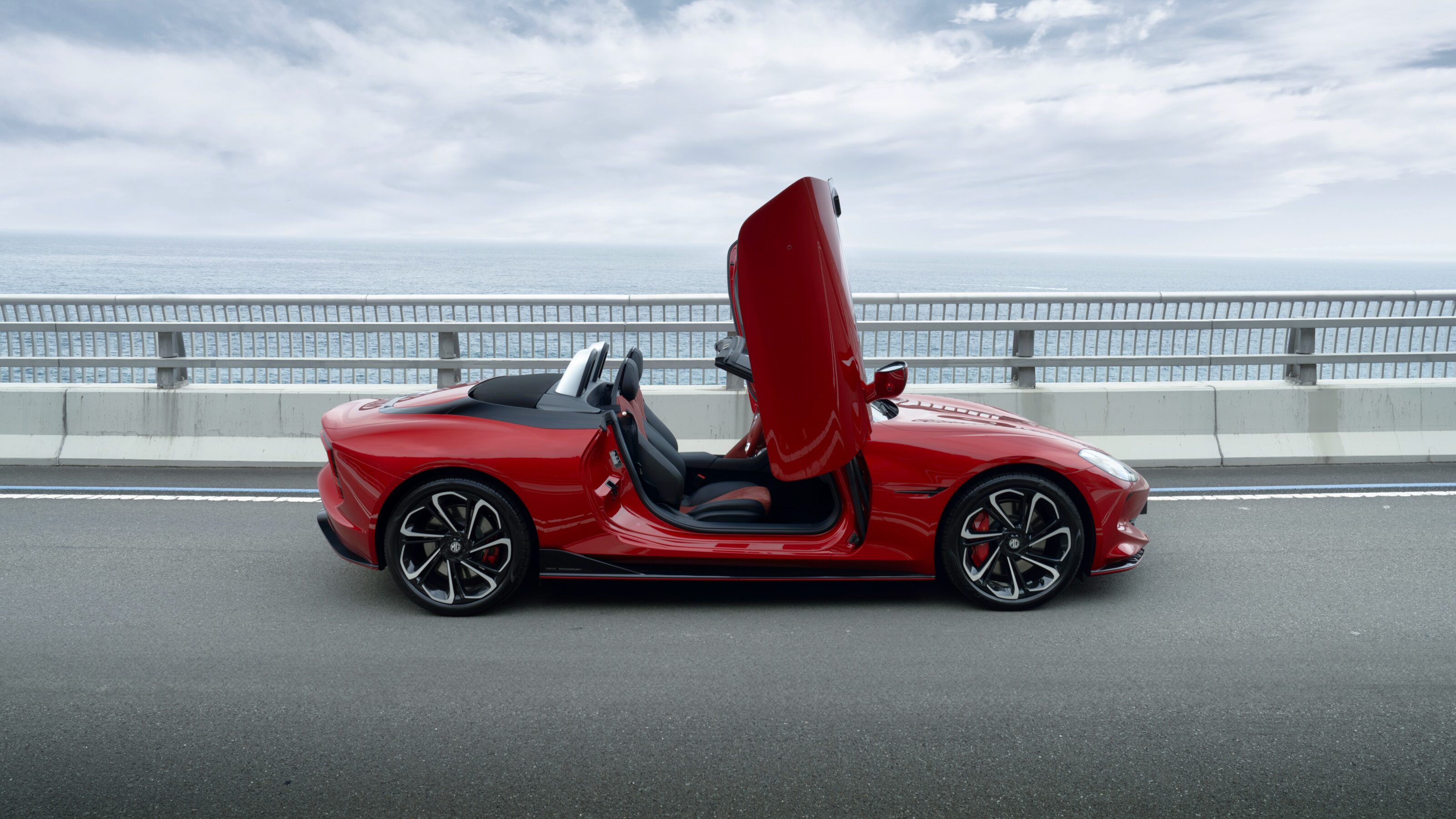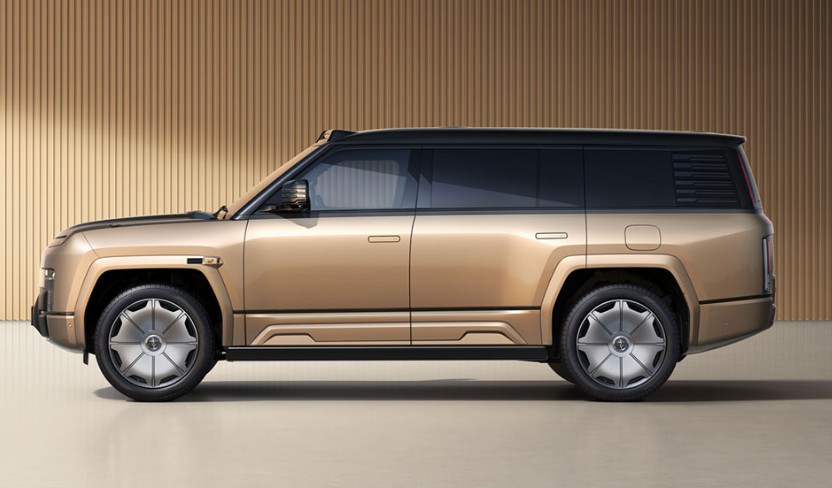UPDATED: May 3, 2022 – When Australia flew its democratic flag in 1901 after the first election, Packard’s Model C Roadster rolled down the line in Warren, Ohio, with the world’s first steering wheel.
There wasn’t much road infrastructure in Oz back then, let alone cars, and hot topics leading up to the vote were the construction of a transcontinental railway and dismantling the tariff system.
Since that time we’ve flourished, with more than 50 political parties wooing punters for a vote and more than one million cars sold each year. However, when you mix the two into an election, it all gets rather complicated.
Electric vehicles, climate change, emissions standards, renewable energy and local manufacturing are all on the parliamentary table. It’s a great time to be a voting-age petrol (or electric) head – but it can get a bit baffling.
Wheels has scoured every running party’s policies and distilled the important ones you need to know about. And once you’re done reading, let us know in the comments below which policies you’d vote for.
We will regularly update this list as the campaign progresses.
Animal Justice Party
Largely a single-interest party concerned with animal welfare but backs a “climate tax” on fossil fuels. Precisely how that tax will be applied and what effect that would have on fuel prices is impossible to discern.
Australian Christians
Besides being fond of rigid interpretation of scripture and having no qualms about squeezing church and state closer together (but only, you know, one particular kind of church), the Australian Christians party also wants to bring down the price of public transportation and improve cycling infrastructure to get people out of cars.
Oh, by the way, the party also doesn’t believe climate change is caused by human activity.
Fusion
This is a new party formed from the merger of the Science Party, Pirate Party, Secular Party, Vote Planet, and Climate Change Justice Party – so you’d think there might be a bit here when it comes to EVs and fuel standards.
Under its Climate Emergency policy, Fusion wants to place a material price on carbon emissions, and remove all subsidies from greenhouse intensive practices and vehicles.
It also wants to set a target for net-zero emissions in 10 years and invest in research and development to accelerate the transition away from fossil fuels, and make Australia the global leader in clean technology.
What’s missing though is the former Pirate Party’s call to subsidise early EV adopters, install charging points in highway emergency stopping bays, legalise driverless cars and phase out diesel trucks and buses in urban areas.
Australian Greens
It’s the very nature of the beast that the Australian Greens have never been hot on cars – dirty, fuel-guzzling, climate-polluting things that they think they are.
But the electric vehicle is changing perceptions, with the Party pushing for an ‘EV revolution’ to make transport cleaner, cheaper and more reliable, and create thousands of jobs and new industries to help tackle the climate crisis in the process.

At its 2022 Election campaign launch in April, Greens leader Adam Bandt announced a $6.1 billion electric vehicle (EV) investment package to stimulate growth over the next three years.
This includes allocating $1.2 billion to manufacturers of electric vehicles and electric vehicle components to relaunch the country’s car industry.
The proposal would also provide generous incentives to help Australians buy their first EV, including cutting costs by up to $15,000 and providing “ultra-cheap” finance.
Also pledged were a $2 billion publicly-owned EV fast-charging network and the electrification of the Commonwealth vehicle fleet by 2025 to help drive the second-hand EV market.
Not averse to punitive measures, the Greens also proposed ending the sale of new petrol and diesel cars from 2030, “so you’re not stuck on yesterday’s technology”, and legislating tough vehicle pollution standards to drive down emissions.
The Greens also want fewer reasons for people to drive cars by investing in fast and efficient public transport solutions to reduce traffic.
This plan includes putting an extra $25 billion into rail and clean electric-bus services and $500 million per year into making cycling and walking safe and accessible, connecting people from the cities to outer suburbs and regions.
The Great Australian Party
Cheaper fuel and higher speed limits on six-lane freeways. It’s an Australian motorist’s dream, right?
Well, that’s the gist of the Great Australian Party’s transport policies. It wants to re-regulate fuel prices and remove all excise tax on Australian produced liquid fuels. It wants to upgrade roads to meet the world’s “best practice” traffic rules and introduce international standards.
But it’ll also make sure speed limits will be monitored by accurate, certified measuring devices “for the purpose of gaining evidence of any dangerous activities on public highways and connecting roads.”
The GAP is also big on rights for truck drivers and would invoke an Interstate Commission to take powers away from the states in implementing large fines that put trucking companies and drivers at financial risk.
The Commission would also be responsible for making a fatigue management system that operates on a 24-hour period logbook.
It will also allow owner drivers to collectively register to obtain discounts by bulk purchasing to compete with larger logistics companies, make diesel exempt from tax for on-road use, and review all heavy vehicle road tax and roadworthiness laws.
Katter’s Australian Party
This Queensland-centric party has few motoring-related policies to speak of, besides wanting to increase the ethanol content of fuel to 10 per cent by 2025 – not to lower fuel prices or boost energy security, mind you, but for the (financial) benefit of sugar cane growers in the Sunshine State.
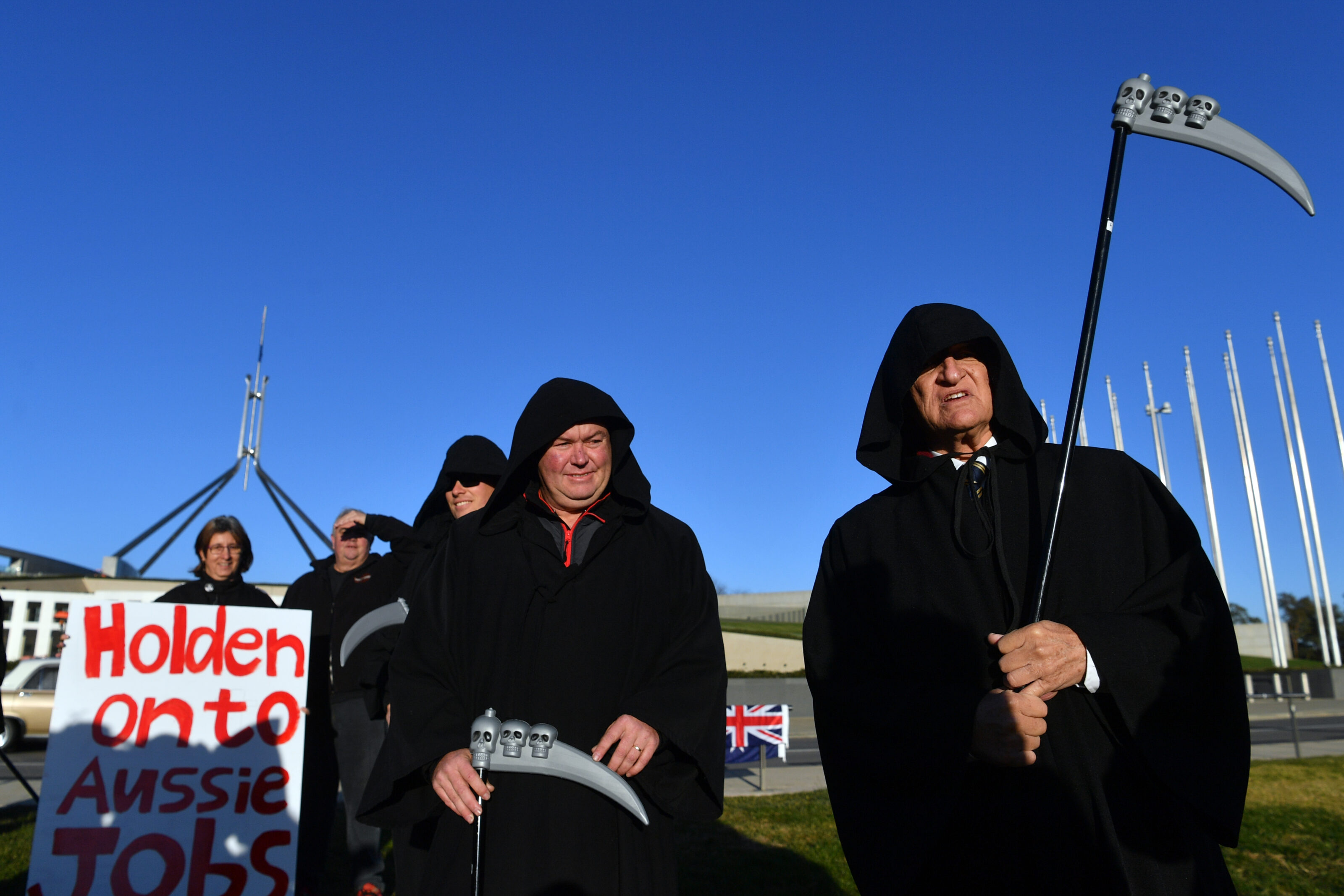
KAP also wants to crack down on rideshare companies like Uber in favour of the taxi industry.
When it comes to transport infrastructure there isn’t much unless you regularly use North Queensland’s Hann Highway or the Gulf and Cape cattle roads.
While not listed under the Party’s official policies, the leader of his eponymous party, Bob Katter, introduced a motion in the Lower House that Australia supports the re-establishment of Australian car manufacturing.
Australian Labor Party
The Federal Opposition went into the last election with sound car-related policies including an ambitious plan to increase EV uptake to 50 per cent of new cars by 2030.
Australia didn’t seem ready for such a policy then, but the discourse has done a complete U-turn during the past three years.
Hence, its latest pledge to commit to reducing carbon emissions by 43 per cent by 2030 and get 3.8 million electric vehicles on the road by the same time if it wins the election won’t be met with cynicism or claims that Albo is trying to ruin your weekend.
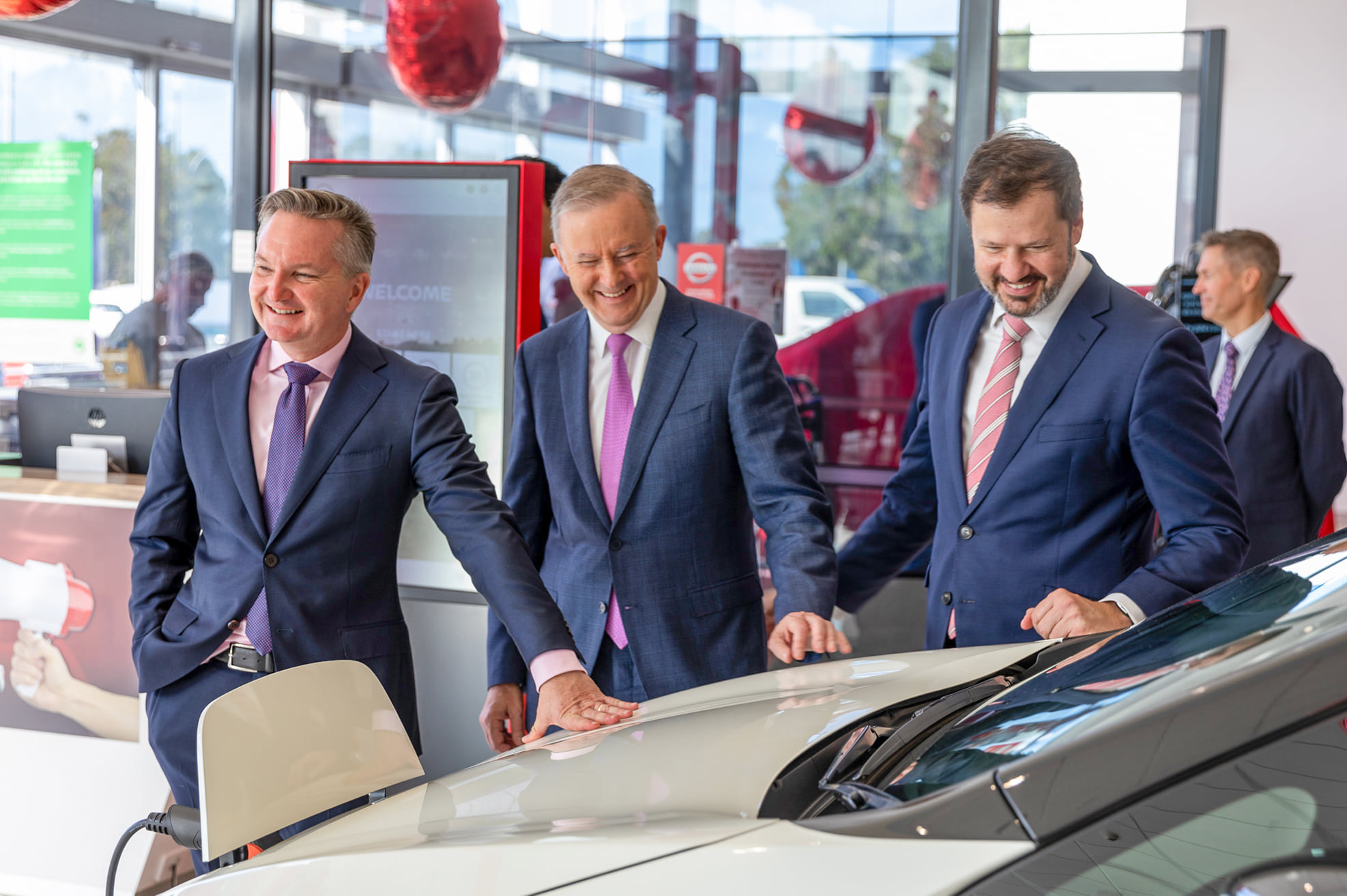
Labor plans to get more EVs on the roads by making them exempt from the five per cent import tariff and the 47 per cent fringe benefits tax where applicable.
It also aims to work with industry, unions, states and consumers to develop Australia’s first National Electric Vehicle Strategy, which would examine further ways to increase electric car sales and infrastructure, encourage Australian manufacturing of EV components and possibly cars themselves, and address the policy implications of declining fuel excise.
At the Party’s 2022 Election launch in Perth on May 1, Labor leader Anthony Albanese pledged $39.3 million toward the building of a National Electric Vehicle (EV) Charging Network as part of its $500 million ‘Driving the Nation Fund’ to support renewable fuels.
The charging network would feature charging stations spread out at an average interval of 150km on major roads, with government spending to be matched by the NRMA and bolstered by partnerships with State, Territory and Local Governments.
The Driving the Nation Fund will also invest $80 million to deliver up to 16 hydrogen refuelling stations along Australia’s busiest freight routes.
As for cars with internal combustion engines, Labor previously announced it would establish a real-world vehicle fuel-consumption testing program to inform consumer choice.
No mention of roads in its overall policy platform, but expect the odd localised announcement once the election campaign gets into full swing.
Liberal Democrats
The Lib Dems have previously called for; a five-year trial where the blood alcohol limit is increased to 0.8 per cent, highway speed limits raised by 10-30km/h, a 10 per cent tolerance for speedometer error considered, special speed limits (for example in school zones) applicable only when flashing yellow lights are operating, passive radar detectors be re-legalised, covert enforcement of speed limits replaced with sign-posted enforcement, and wearing seatbelts and helmets (for motorcycles) should be optional.
Though some of the ideas sound a bit flippant, the Party has had some more conservative policies such as; reducing speed limits over 90 km/h by a uniform amount (eg 10-20 km/h) at night and in the rain, that licence testing should emphasise the skills and knowledge required to handle a vehicle to avoid being a danger to others, that drivers should be subject to retesting after a certain number of years, and the highest enforcement priority should be on driver behaviour that infringes on the rights of others.
More recently the Party responded to high fuel prices by pledging to cut the 44.2 cents per litre fuel excise to ‘see us return to the glory days of lower fuel prices’.
Liberal Party of Australia
It seemed the Liberal Party was beginning to see the light, or at least votes when it came to electric vehicles, but so far its policy platform makes no mention of EV subsidies, though it’s probably a case of watch this space.
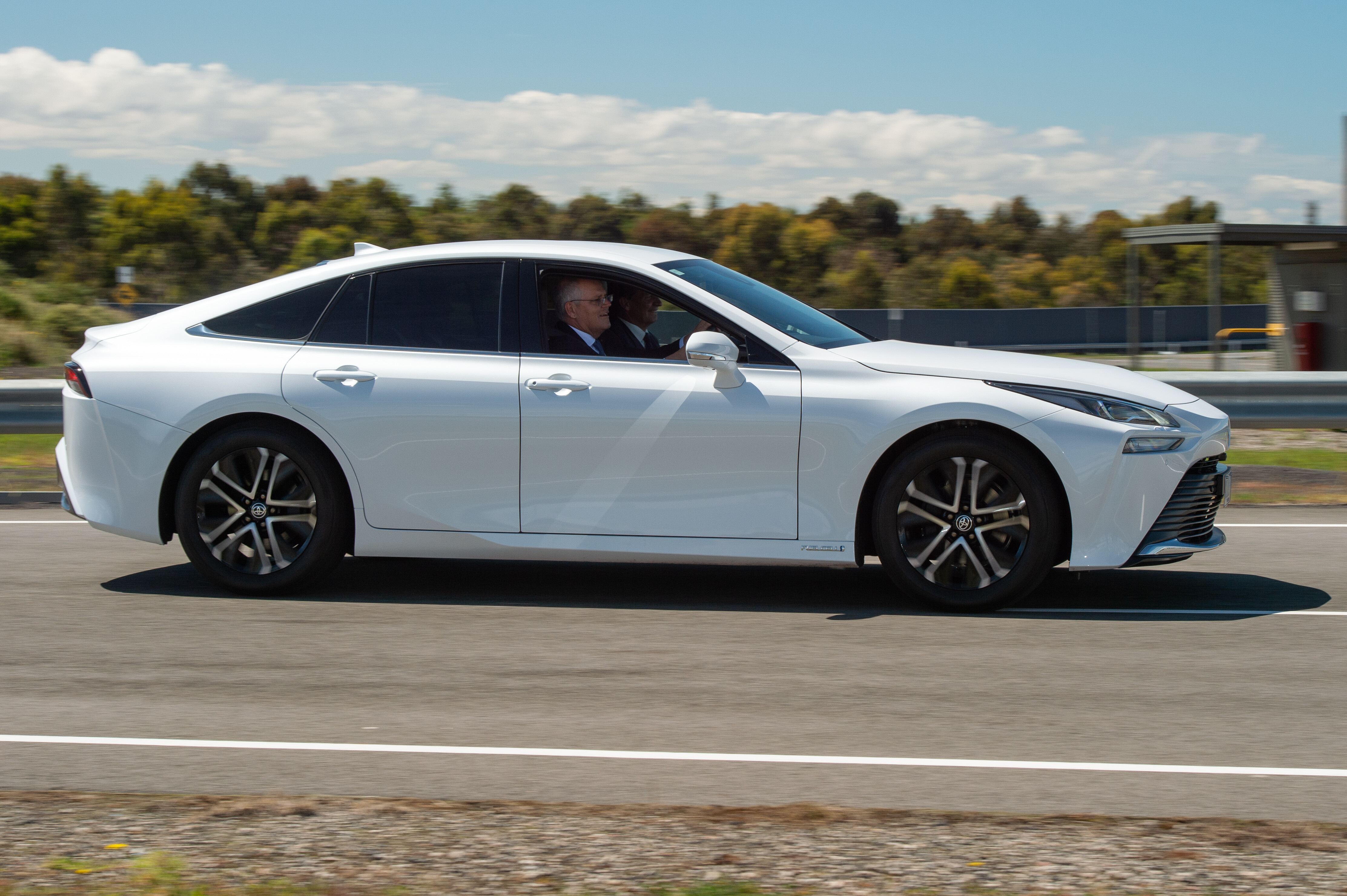
What it has promised is a $110 billion fund for transport infrastructure, which is very similar to the policy it put forward at the last election – but with an extra $10 billion chucked in.
Much of it will be spent on roads including major highway and local road upgrades ‘to bust congestion and improve safety’ and the removal of traffic pinch points through the Urban Congestion Fund.
Other road initiatives included; upgrading key regional road corridors to free up freight routes and providing safer roads for tourists, and upgrading local roads and bridges. Interestingly, there is no mention of car parks.
As with Labor, expected to see the Libs announce a swathe of local road projects during the campaign.
National Party of Australia
Mirrors main Liberal party policies with a $110 billion road/rail infrastructure fund, and also allocates millions more for rectifying major black spots and improving road maintenance in regional areas.
Being the Nationals, there’s not much here for motorists in major cities.
Pauline Hanson’s One Nation
One Nation questions the idea of man-made climate change and as such has not made a stance on electric vehicles and emissions targets.
But if it does rise to power, building new low-emissions coal-fired power stations and initiating a “sensible debate on the establishment of nuclear power” is on the agenda. So plenty of power in those plugs for EVs.
As part of its Australian Jobs and Infrastructure policy, One Nation would introduce nation-building infrastructure projects including water, rail, and roads – but it doesn’t detail how much or where.
Shooters, Fishers and Farmers Party
Where there are shooters, fishers and farmers there are four-wheel-drive vehicles, so you won’t be surprised to learn that part of the Shooters, Fishers and Farmer’s Outdoor Recreation and Access policy is to oppose the vilification of four-wheel driving and motoring enthusiasts from claims that off-road driving is detrimental to the environment.
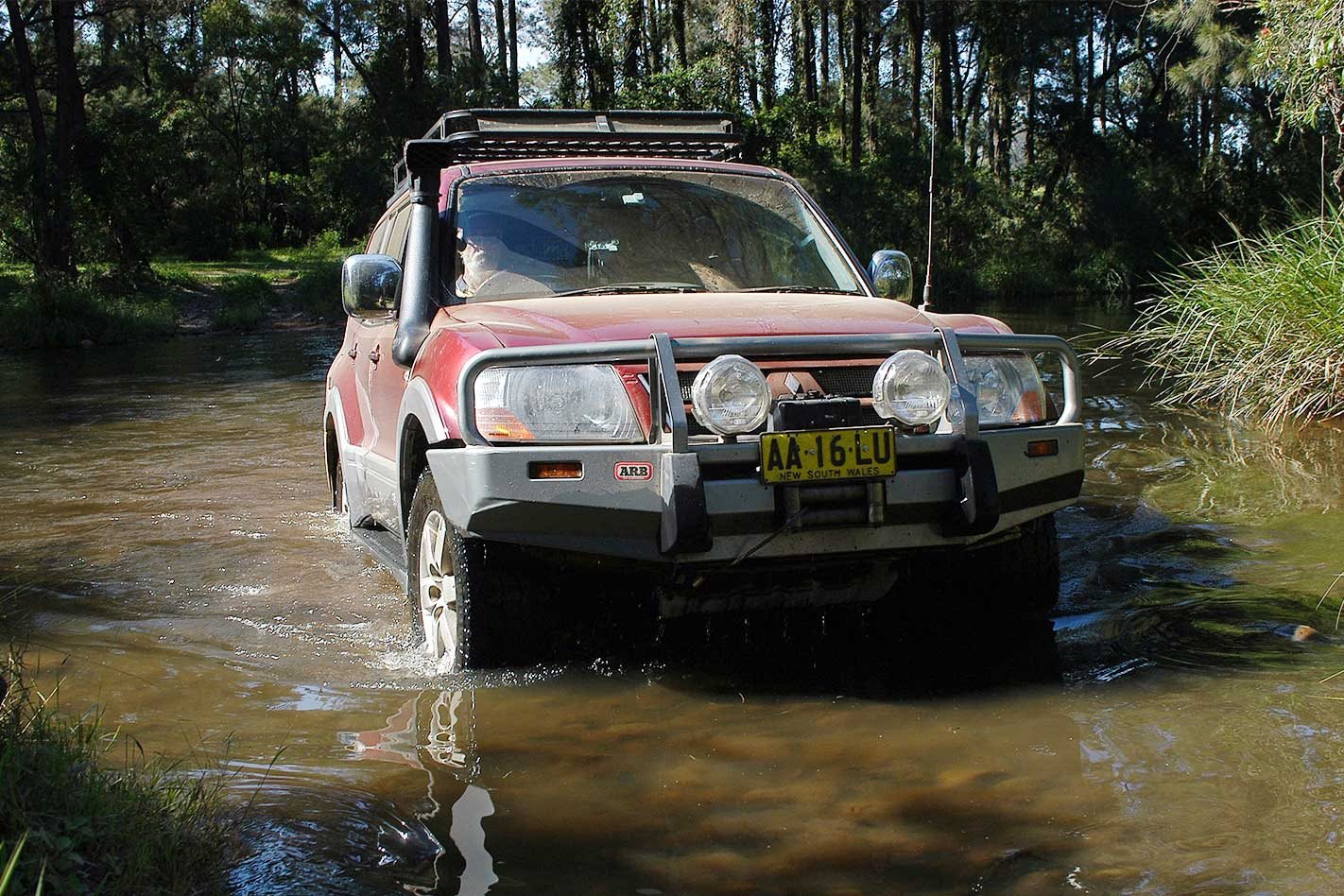
It also wants to reopen and maintain fire trails and expand tracks and public access to National Parks.
Socialist Alliance
This Party naturally prefers that most things would be owned by the state, but wants to steer new-car buyers into electric vehicles as a matter of urgency – except for those who frequently travel in regional areas.
It also wants to end fossil-fuel subsidies and replace fuel stations with charging stations but doesn’t exactly outline how it’ll do so.
That said, the party envisages crafting a socialist utopia where most people take the bus or train – which will be state-owned and free, naturally – so private car ownership won’t be necessary for the vast majority anyway.
Hasn’t something like this been tried before? Seems familiar…
Sustainable Australia Party
As you’d expect from its name. SAP wants priority given to ecologically sustainable and congestion-free public and private transport systems by expanding rail and/or bus networks instead of building more roads.
While prioritising public transport systems, it supports the uptake of electric vehicles and funding related infrastructure, while reducing registration fees for electric and low-emissions cars.
Sustainable Australia also wants to conduct an enquiry into the feasibility of a majority-Australian-owned electric car company and the potential for mass production of a small-to-medium utilitarian electric commuter car for local and export markets.
Teal Independents
While campaigning on their own merits, members of the so-called Teal Army of independent candidates mostly challenging key Liberal-held seats are in sync when it comes to policies that encourage electric vehicle uptake.
One of these is the incumbent Member for Warringah, Zali Steggall, who introduced a bill into Federal Parliament to reduce emissions by 60 percent.
Stegall, along with North Sydney candidate Kylea Tink and Mackellar candidate Sophie Scamps called for at least 76 per cent of new cars sold in 2030 to be electric.
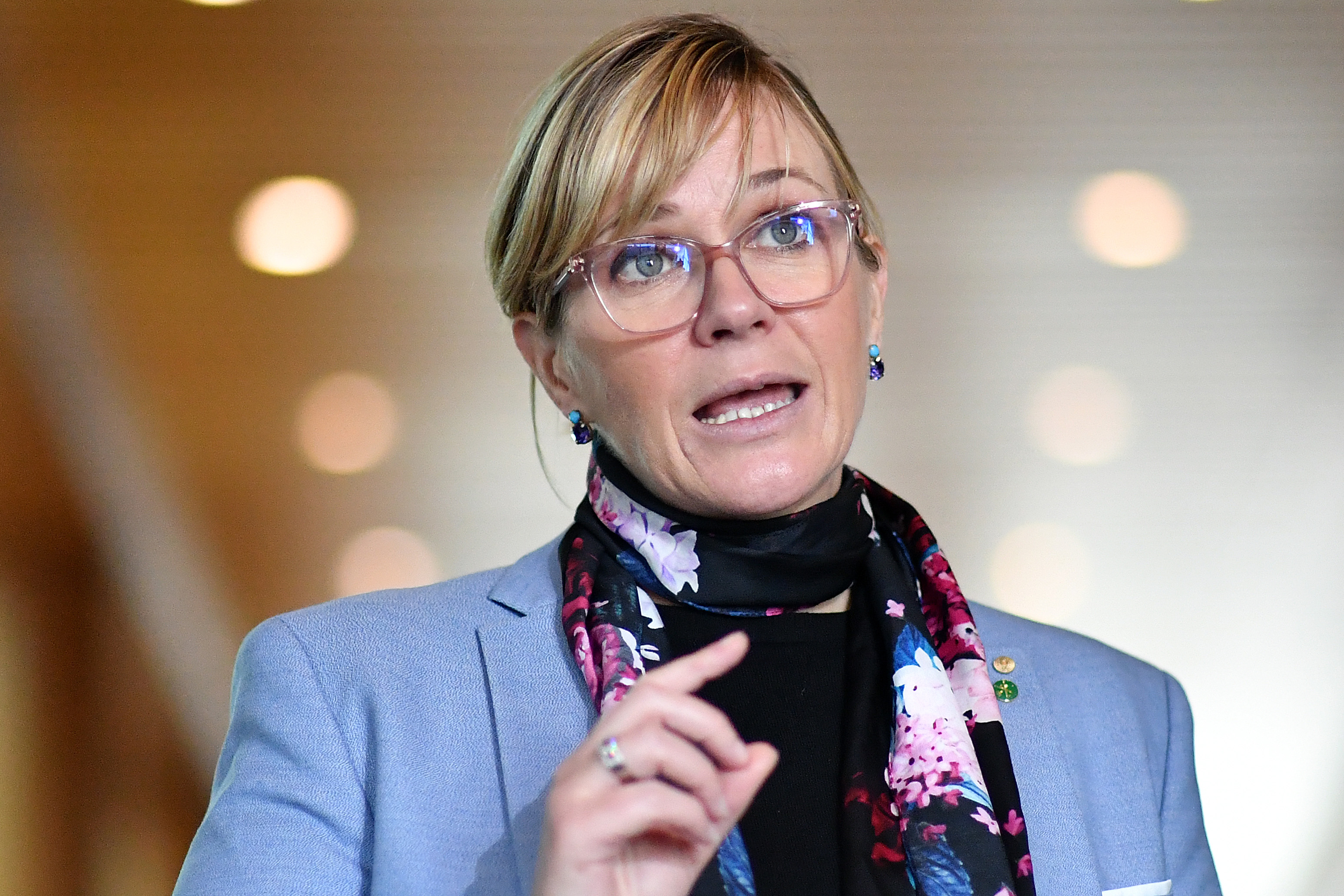
According to Tink, carbon emissions and climate policy were the top issues for voters in her electorate and she wants whichever party takes power to match state-based cash incentives for EV purchases.
In Melbourne, the Independent candidate for Kooyong Dr Monique Ryan called for EV policies in line with Steggall’s emissions bill.
In the adjoining electorate of Goldstein, Zoe Daniel called for an end to fossil fuel subsidies and EV incentives including registration and stamp duty discounts and free parking for EVs, reforming the fringe benefits tax to exempt EVs and the establishment of a national charging network.
The Australian Electoral Commission website has details of your local candidates including independents, whom you can look up online to see what their individual policies are.
United Australia Party
One would assume UAP voters do drive cars, but looking through Clive Palmer’s political manifesto it seems that motor vehicles don’t exist.
The closest policy we could find was the Ending Australia’s Energy Crisis – which was pretty much a pitch to mine more uranium and become proactive in establishing research into new nuclear technology to help solve Australia’s energy problems.
We recommend
-
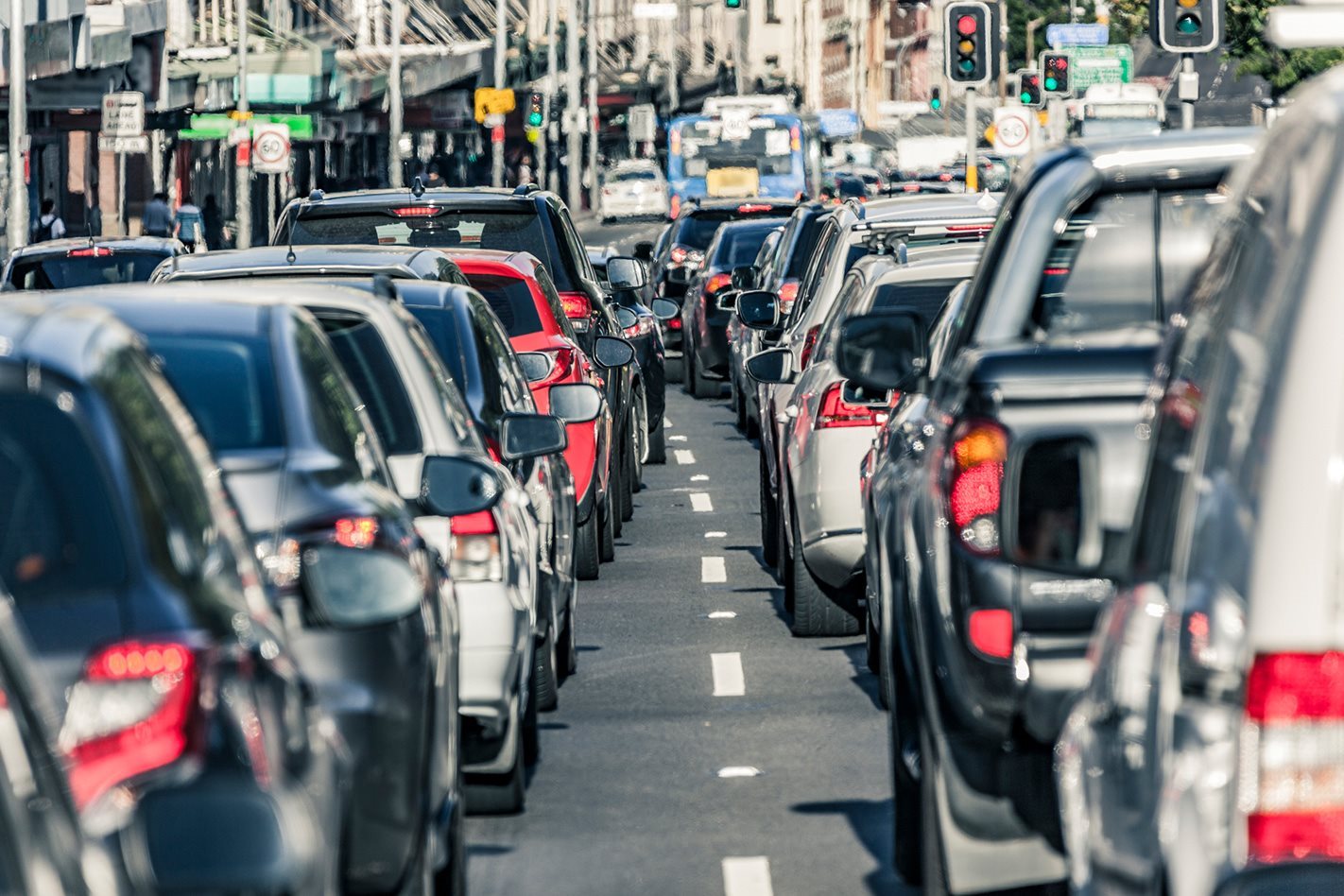 News
NewsNo ICE reduction target included in Australia's net zero 2050 plan
Prime Minister unveils climate plan, but auto industry goals are still missing
-
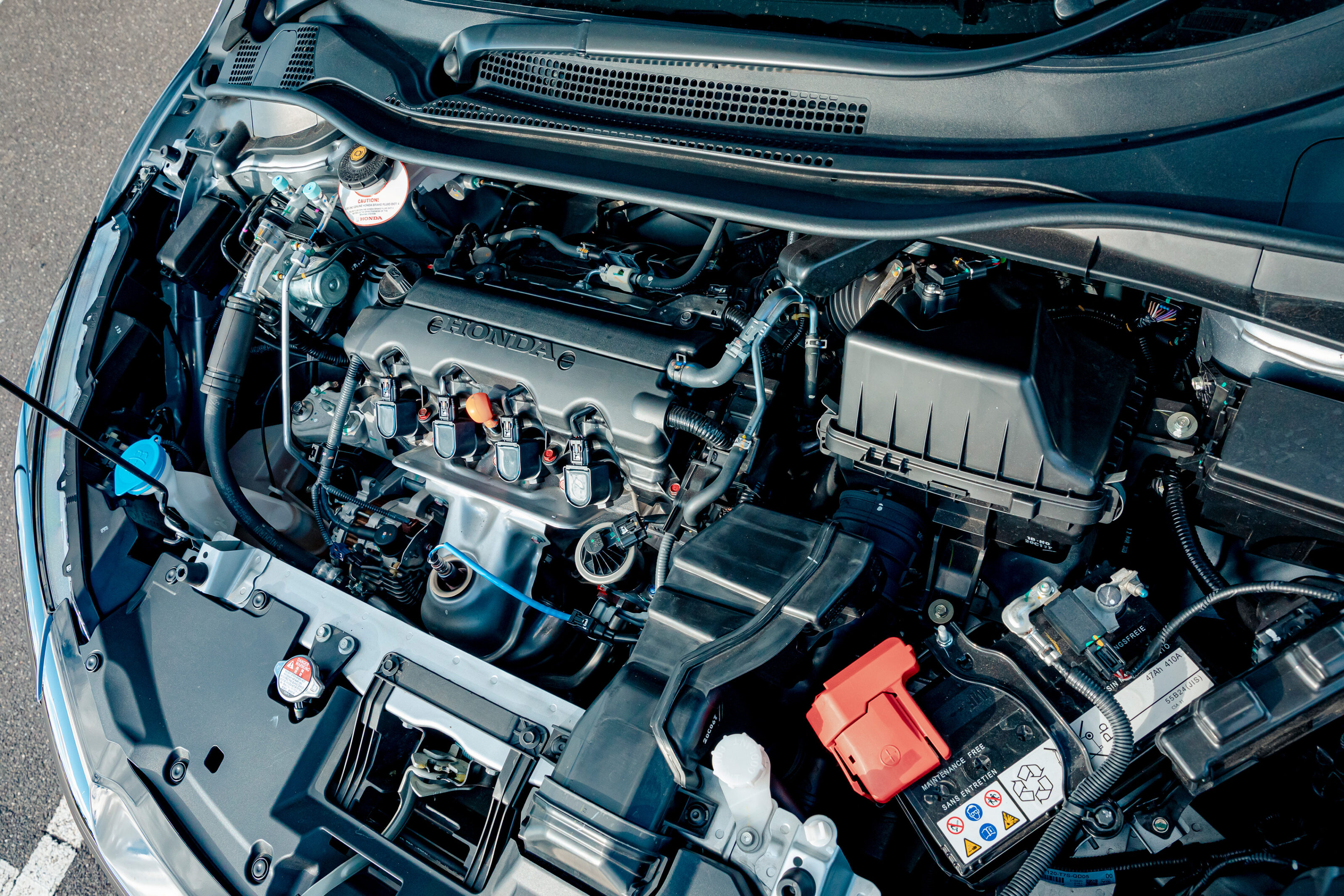 News
NewsAustralia needs to phase out ICE vehicles by 2035 to reach net zero by 2050 say experts
Grattan Institute report shows Australia needs to adopt EU ICE policy to reach net zero emissions goal by 2050
-
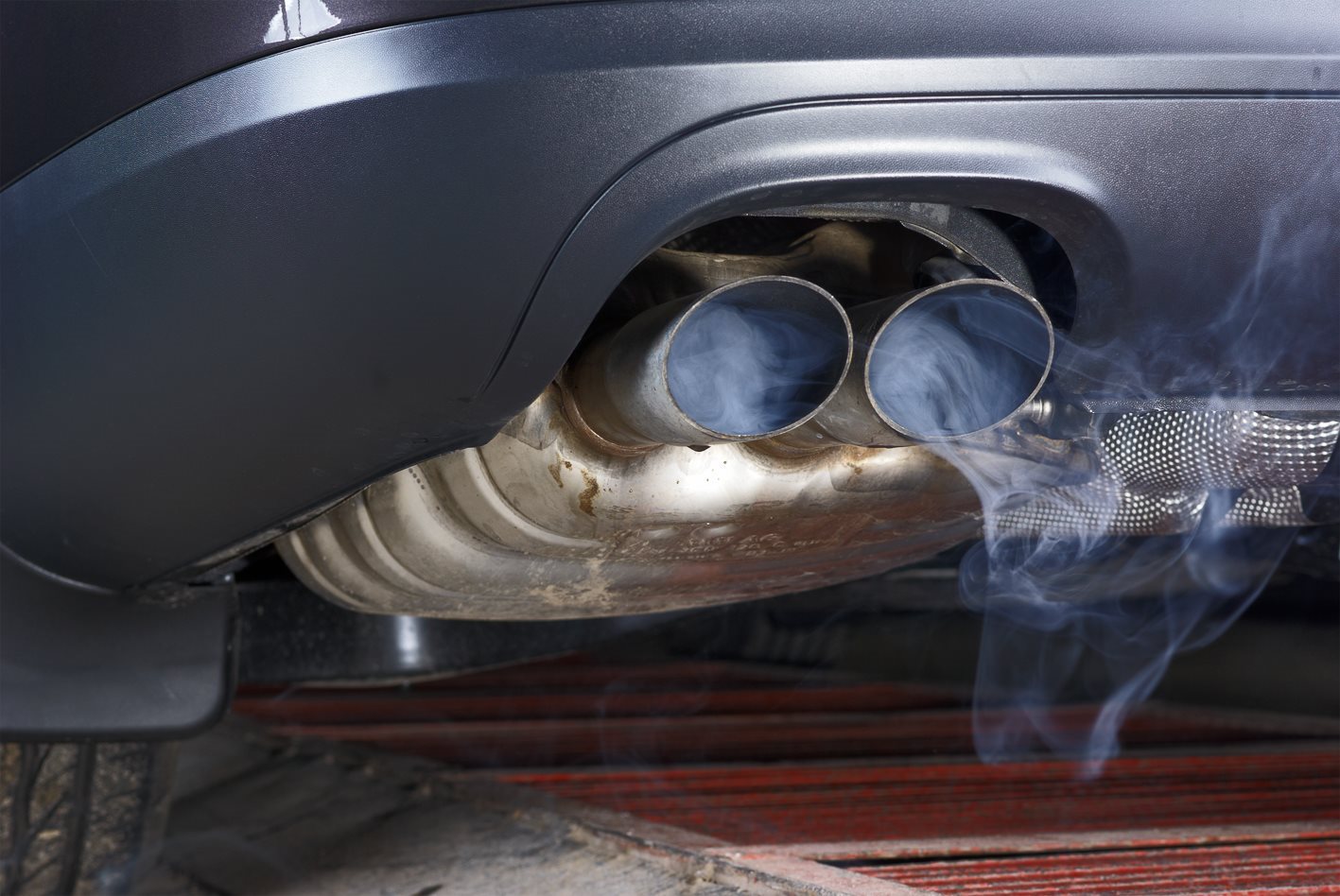 News
NewsLabor election promise: 'We'll slash emissions by 43 per cent by 2030'
Labor has gone further than the Coalition, which made its own announcement in October

